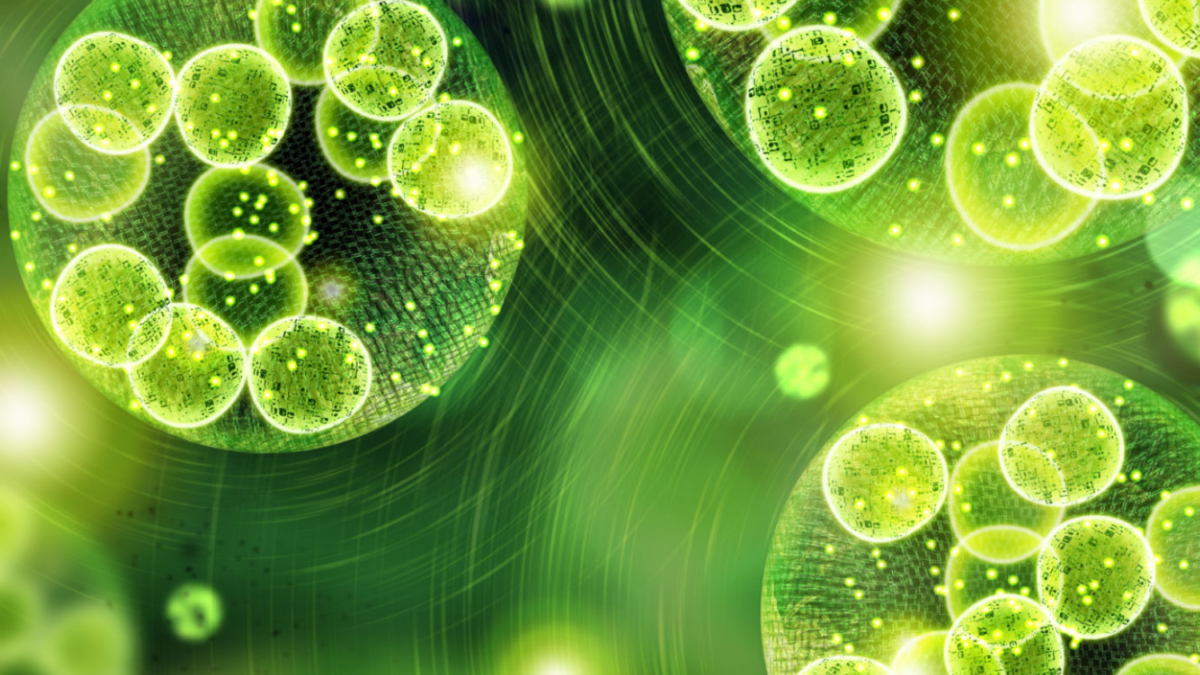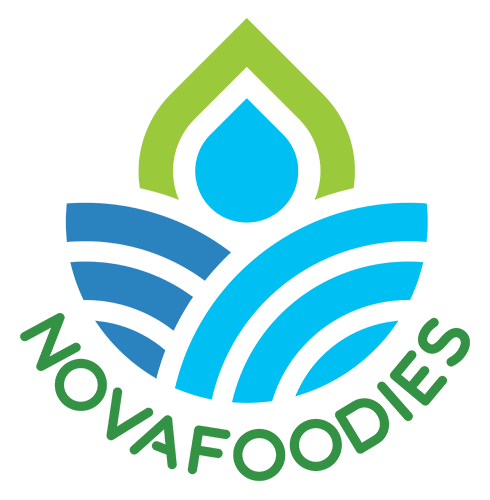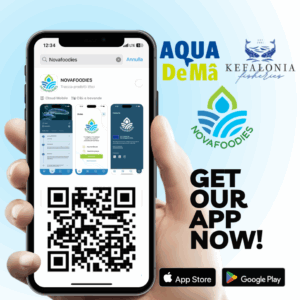NOVAFOODIES: INNOVATIVE SOLUTIONS FOR SUSTAINABLE NUTRITION

Novafoodies is not just a project—it’s a vision for the future of food.
The Novafoodies project is guided by clear objectives aimed at increasing sustainability and efficiency in the aquatic-based food sector. These objectives focus on improving traceability and innovation from production to commercialization, ensuring eco-friendly and cost-effective solutions.
1. Integrated Multi-Trophic Aquaculture (IMTA): Novafoodies conducts seven case studies in Europe, Israel, and China utilizing the IMTA system. IMTA improves aquaculture sustainability by repurposing waste and by-products into valuable resources within the production chain. This method fosters ecological balance and efficiency in aquatic farming.
2. Macroalgae Cultivation: The project also involves cultivating macroalgae in earthen ponds and using liquid waste to produce high-value products. Macroalgae have significant potential as a new sustainable protein source, promoting innovative food products for human consumption.
3. Advanced Processing Technologies: Novafoodies explores advanced technologies like microwave-assisted drying, bacterial decomposition of algae, and the extraction of functional components from fish. These processes aim to transform fishing waste into nutritionally valuable food products, reducing environmental impact and waste.
4. Process Optimization and Traceability: A key focus of the project is optimizing processes from ecological, economic, and logistical perspectives. Novafoodies implements traceability systems to track aquaculture data, ensuring transparency and consumer trust in the final products.
5. Digital Platform and User Application: Finally, Novafoodies plans to launch a digital marketplace platform and user application. These tools will provide access to innovative food products, minimize biomass losses, and extend product shelf life, supporting overall sustainability in the food supply chain.
Consumer Impact
Novafoodies is set to make a direct positive impact on consumers by offering healthier, eco-friendly food alternatives. The project’s focus on sustainable production means that the food reaching consumers will not only be nutritious but will also have a lower environmental footprint. By using algae and repurposing waste in aquaculture, Novafoodies ensures that the food products will be affordable, accessible, and aligned with the growing demand for sustainable and environmentally conscious choices. Consumers can expect innovative products rich in proteins, vitamins, and other essential nutrients, which contribute to a healthier diet while also supporting the planet.
Examples of Final Products
The project is expected to result in a wide range of final products, particularly functional foods that cater to health-conscious individuals. For instance, algae-derived products such as protein powders, nutraceutical soups, and plant-based supplements are in development. These products aim to offer alternatives to conventional animal-based proteins, making them ideal for vegetarians, vegans, and anyone looking to reduce their carbon footprint. Additionally, innovative packaging made from algae ensures that sustainability is integrated into every aspect of the production chain, from farm to table.
The Role of Algae: Microalgae and Macroalgae
Algae—both microalgae and macroalgae (seaweed)—are gaining importance in the food industry. Rich in proteins, fibers, vitamins, and minerals, they offer significant nutritional benefits and can be used in a variety of food products.
Species like Spirulina and Chlorella are already widely recognized for their high nutritional value and are commonly used in dietary supplements. Additionally, some types of macroalgae are a staple in Asian cuisine. Given the increasing demand for healthy and sustainable foods, algae are expected to play a growing role in global food production.
Microalgae Cultivation and Nutraceutical Soups
Microalgae, tiny plant organisms, have vast potential as a sustainable  source of food and medicine. They grow up to 10 times faster than conventional crops and do not require arable land, making them a promising solution for producing biomass rich in proteins, lipids, and vitamins. Developing the microalgae industry represents a significant opportunity for the European Union.
source of food and medicine. They grow up to 10 times faster than conventional crops and do not require arable land, making them a promising solution for producing biomass rich in proteins, lipids, and vitamins. Developing the microalgae industry represents a significant opportunity for the European Union.
In response, the University College Cork (UCC) in Ireland is piloting a biorefinery process to cultivate microalgae in various environments, including outdoor settings in summer, greenhouses in winter, and year-round fermentation tanks. The biomass produced will be used to create nutraceutical soups, particularly for the elderly and those with swallowing difficulties. By using advanced techniques like high-pressure gelation, UCC ensures the optimal texture and taste of the soups while preserving the nutritional value of the microalgae.
This innovation, combined with reduced production costs and dual cultivation methods, enhances the efficiency of the biorefinery process and supports the growth of a sustainable industry in Europe.
Challenges and Obstacles
While the Novafoodies project is highly promising, it faces several challenges that need to be addressed to ensure its success. One of the main obstacles is scaling up the cultivation of algae and implementing IMTA systems across different regions while maintaining efficiency. Additionally, there are regulatory hurdles in terms of ensuring that all food products meet international standards, which can slow down commercialization. Moreover, convincing consumers to adopt these new products could be a challenge, as there may be resistance to switching from traditional food sources to algae-based products, despite their health and environmental benefits. By addressing these challenges head-on, Novafoodies is committed to overcoming potential setbacks and delivering sustainable, innovative solutions to the market.
Progress and Perspectives
At the project’s sixth-month meeting in Genoa (October), notable progress was highlighted. A compilation of production data from participating farms was completed, essential for modeling species growth and developing IMTAs. Key achievements include cultivating algae for eco-friendly packaging and expanding low-cost microalgae production. Significant advancements were also made in mathematical modeling of biorefinery processes and the design of microwave-assisted drying techniques.
The project’s second year is vital for meeting the Novafoodies objectives. New functional products are being formulated, and the properties of algae extracts are being evaluated. Operational IMTA systems are now being validated to achieve the targeted production levels. Moreover, the digitalization aspect of the project will progress with the development of the Digital Marketplace platform and the user application.
ASRO’s Role in Standardization
ASRO (Romanian Standards Association) plays a key role in charting the standardization path for Novafoodies. After identifying 122 relevant international, European, and national standards, 33 of these have been selected as most applicable to the project. These include standards related to environmental management and algae-based products.
These standards are being studied by the consortium partners, and the findings will be shared with decision-makers in the standardization community. This ensures that the project is grounded on a solid, regulated foundation, which is essential for meeting sustainability and project objectives.
The future of food
Through innovation, collaboration, and a strong commitment to sustainability, Novafoodies aims to transform how food is produced and consumed.
The project sets a benchmark for similar initiatives in the food industry, offering a model for sustainable food systems.
By focusing on eco-friendly production methods, functional foods, and efficient use of resources, Novafoodies is paving the way for a sustainable food future in Europe and beyond.
From algae cultivation to digital platforms, the project exemplifies how innovation can reshape the food industry to better meet the needs of future generations.
Come find us on

